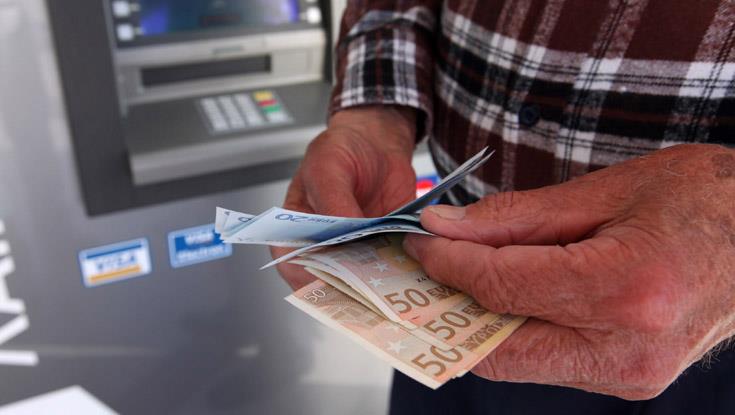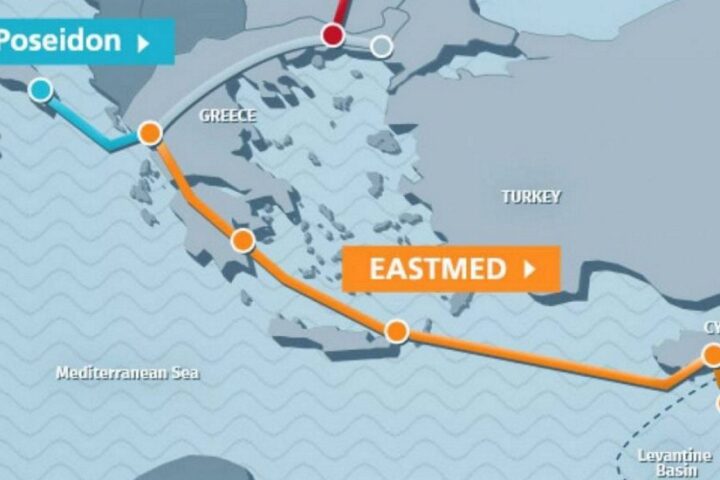Cypriot banks are under pressure from EU authorities, as the latest data from the European Central Bank shows they offer their customers the lowest savings rates in the eurozone.
Finance Ministry sources have confirmed to the Financial Mirror that ECB officials have pressured Cypriot banks to improve close to zero interest rates.
And economists are firing at profit-making banks for being greedy.
“Depositors in the Cypriot banking system, when the inflation rate is worked in, are essentially being offered negative interest rates on their deposits,” said economist and former MP Anna Theologou.
Based on data from the Central Bank, in January, the interest rate on deposits of up to one year from households decreased to 0.24%, compared to 0.35% the previous month.
In the eurozone, the average interest rate for household deposits is 1.53%, with the interest gap compared to Cyprus at 1.29 percentage points.
France offers the highest interest rate on deposits at 2.34%, followed by Slovakia and Italy at 2.08%.
“Luxembourg, which we look up to as we seek to become a financial service hub, offers 1.8% on deposits,” said Theologou.
The corresponding interest rate for deposits from non-financial companies increased to 0.70%, compared to 0.61% in the previous month.
In the eurozone, the average deposit rate for businesses is 1.97%, and the difference with the rate offered by banks in Cyprus is 1.27%.
“Apart from the fact that Cypriot banks have recorded another incident of aggressive behaviour towards their Cypriot clientele, the practice is a show of disrespect towards EU monetary authorities,” said the economist.
Theologou argued that Cyprus banks had ignored ECB directives to raise interest rates on deposits.
“Whether you agree with their policies or not, the ECB is one of the bloc’s regulatory bodies, and disobedience towards their instructions puts the whole system to doubt.
“There was a reason for the ECB’s decision to increase interest rates on loans while also pushing up, although to a lesser extent, interest rates on deposits.
“That was to absorb money from the market to combat inflation”.
On the defensive
In defence of the island’s banking system, Ioannis Tirkides, Chief Economist at the Bank of Cyprus, argued that banks may have taken more time in correcting interest rates on deposits as they are still on the rebound from damages inflicted from their Non-Performing Exposure.
He argued banks in other EU member states did not have the same challenges.
“Banking systems across the Euro area countries are in transition to a new monetary landscape of tighter liquidity conditions and higher interest rates, but all from different starting positions,” said Tirkides.
He said that deposit rates in Euro area countries only started to rise meaningfully in the last quarter of 2022.
“Today, banks in about half the Euro area countries pay deposit rates of less than 1%, and one-third pay less than 0.5 %.
“Comparisons are not straightforward, and differences reflect variable positions and differences in recent experiences,” said BoC’s chief economist.
He explained that liquidity conditions in the times of zero and negative interest rates were variable across countries, and consequent costs varied.
“Profitability, as a result, also varied, and in many cases, including Cyprus, banks were loss-making over successive years.
“Rebuilding capital buffers was more arduous and costly in some countries than others.
“In the case of Cyprus, we had considerable excess liquidity for a considerable period due to weaker demand for credit, as banks, companies, and households were repairing their balance sheets to healthier and more sustainable positions.
“There are initial lags, but trends will be converging.”
He added that local interest on deposits would be picking up over the coming weeks.










